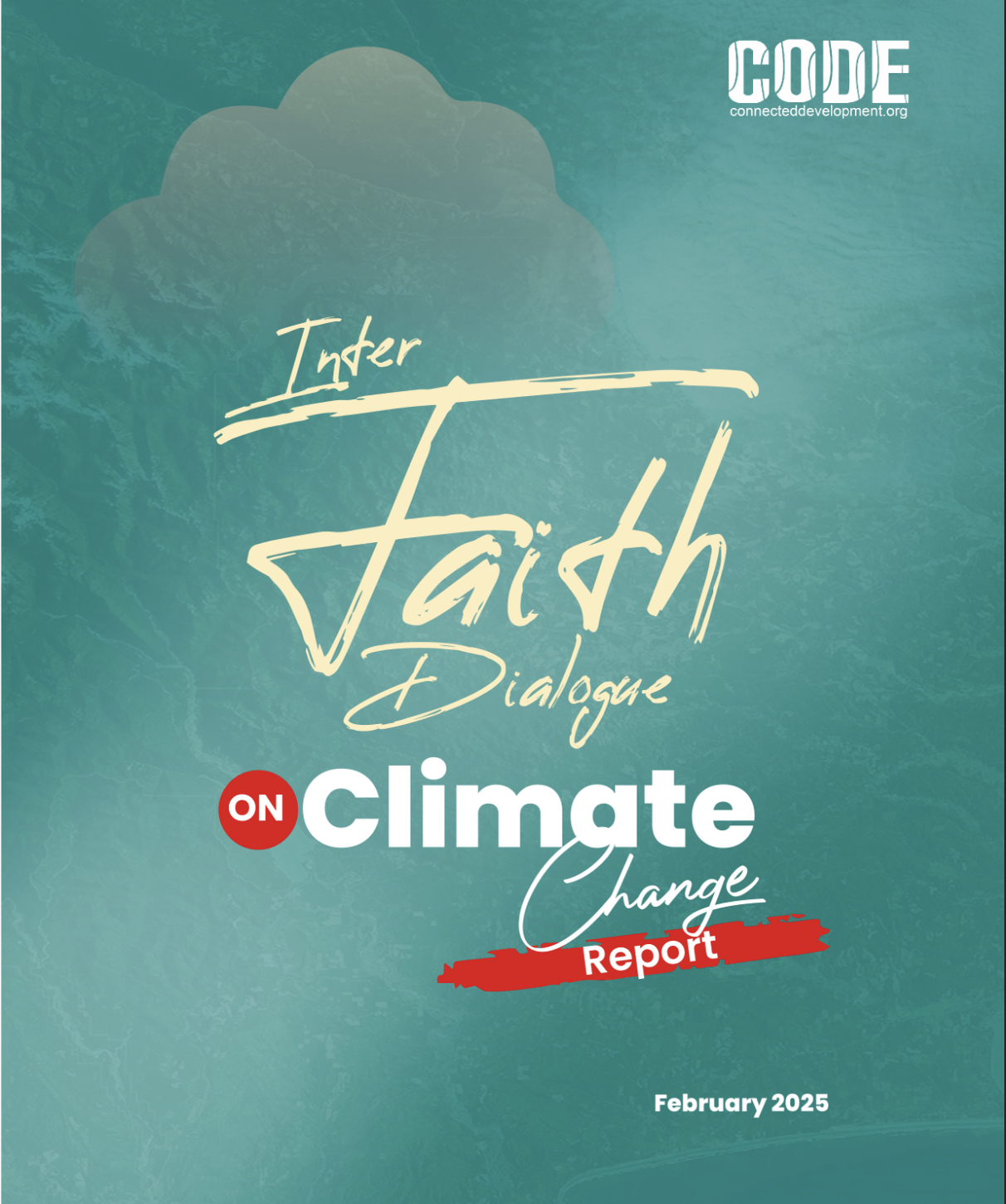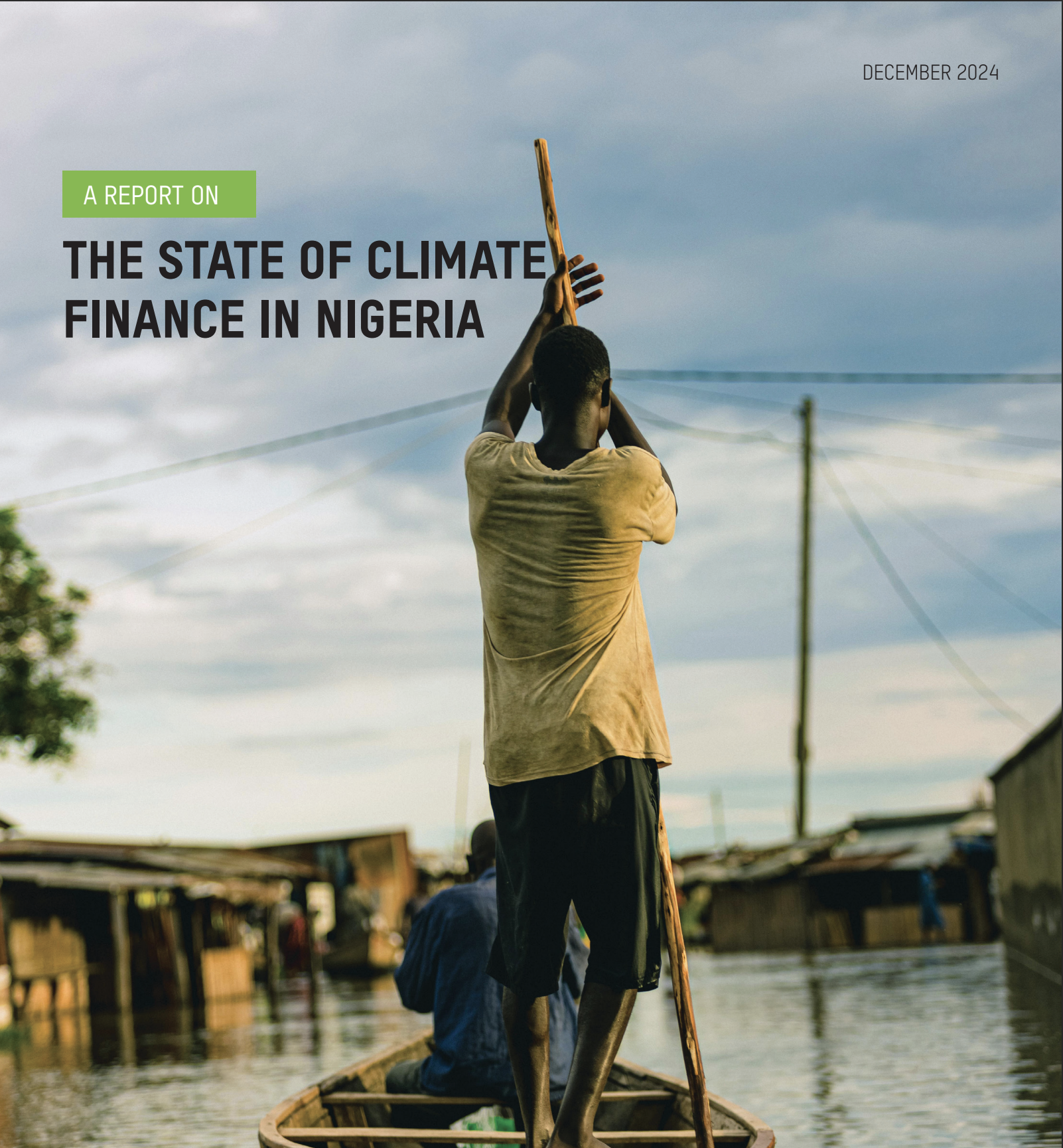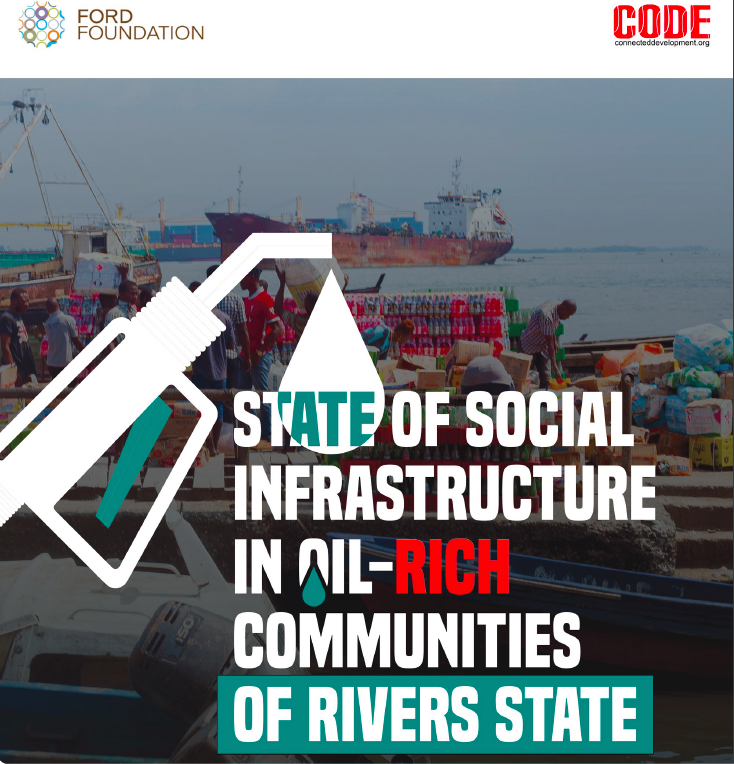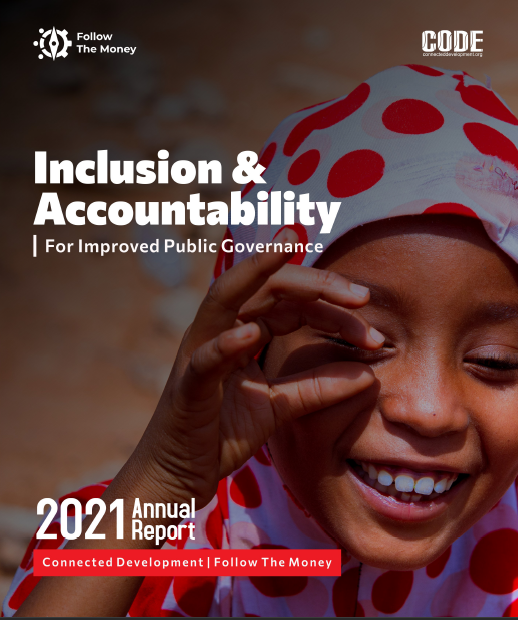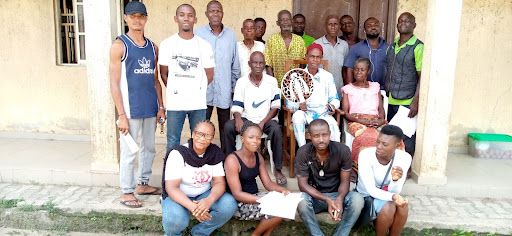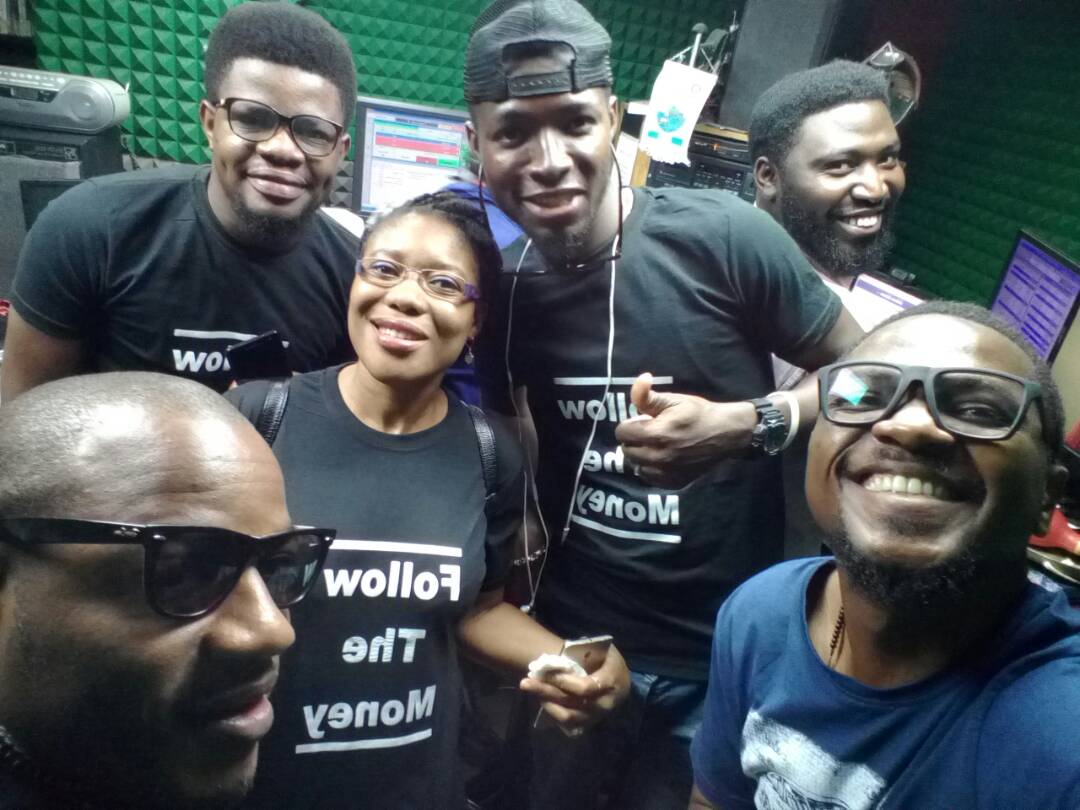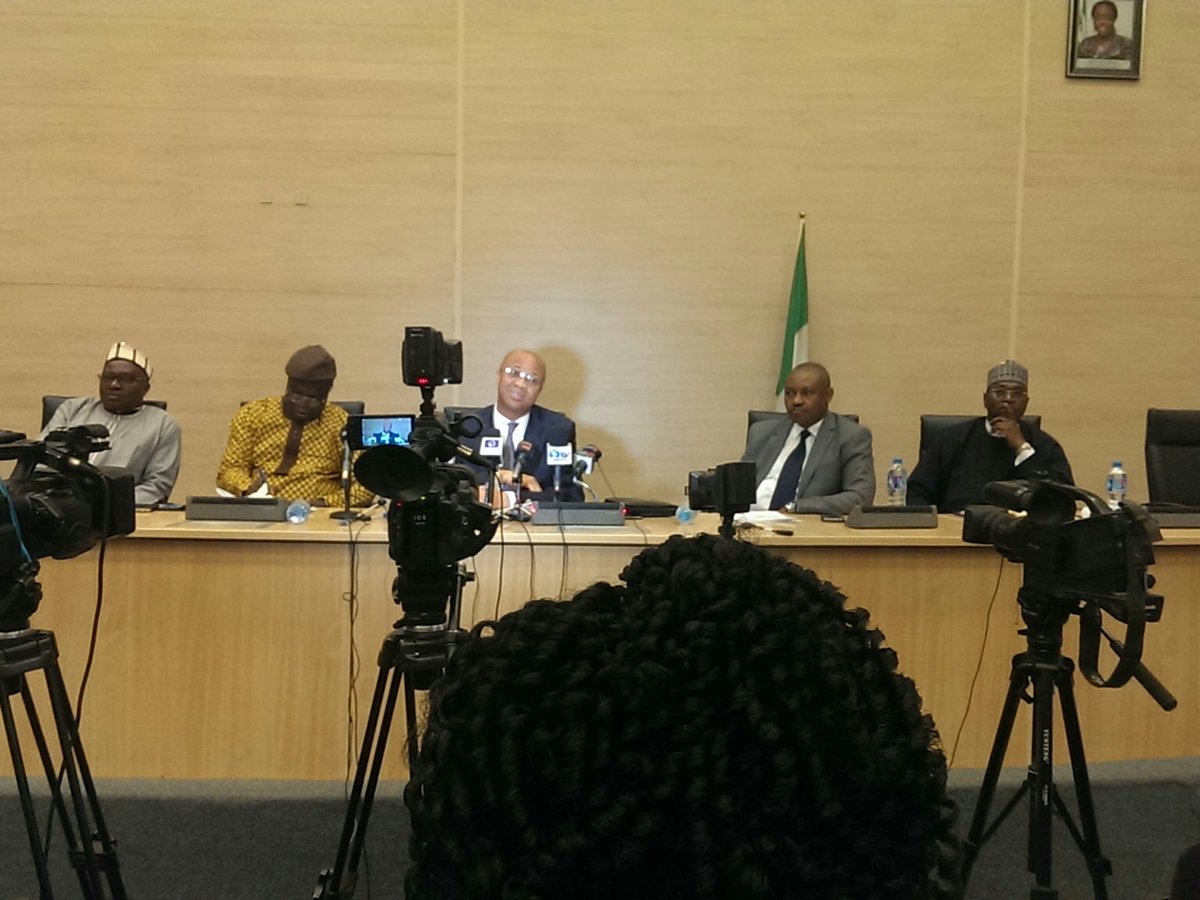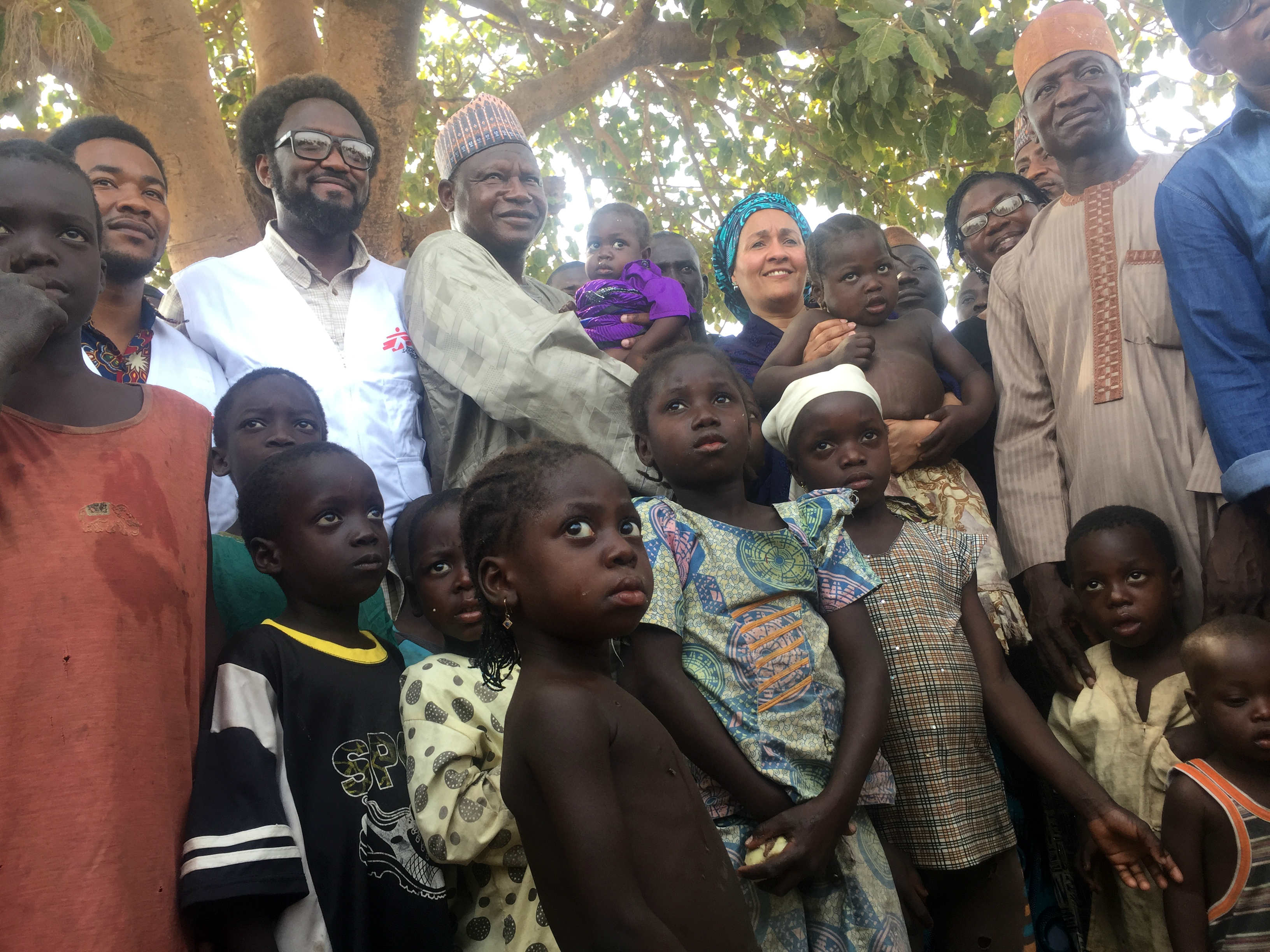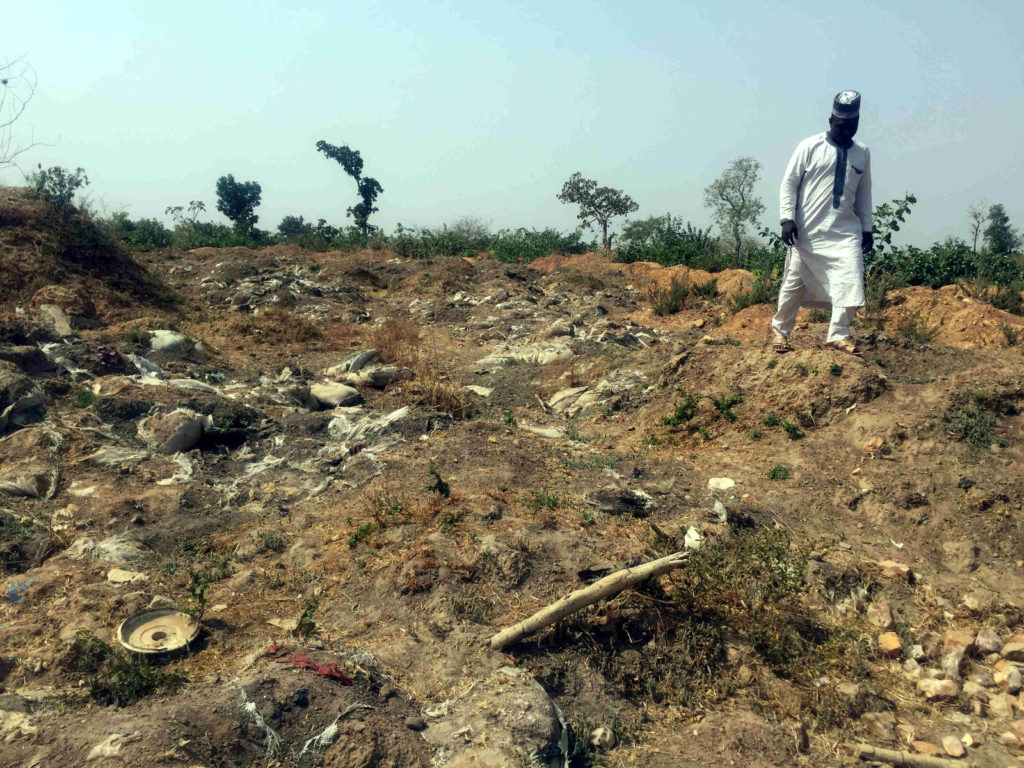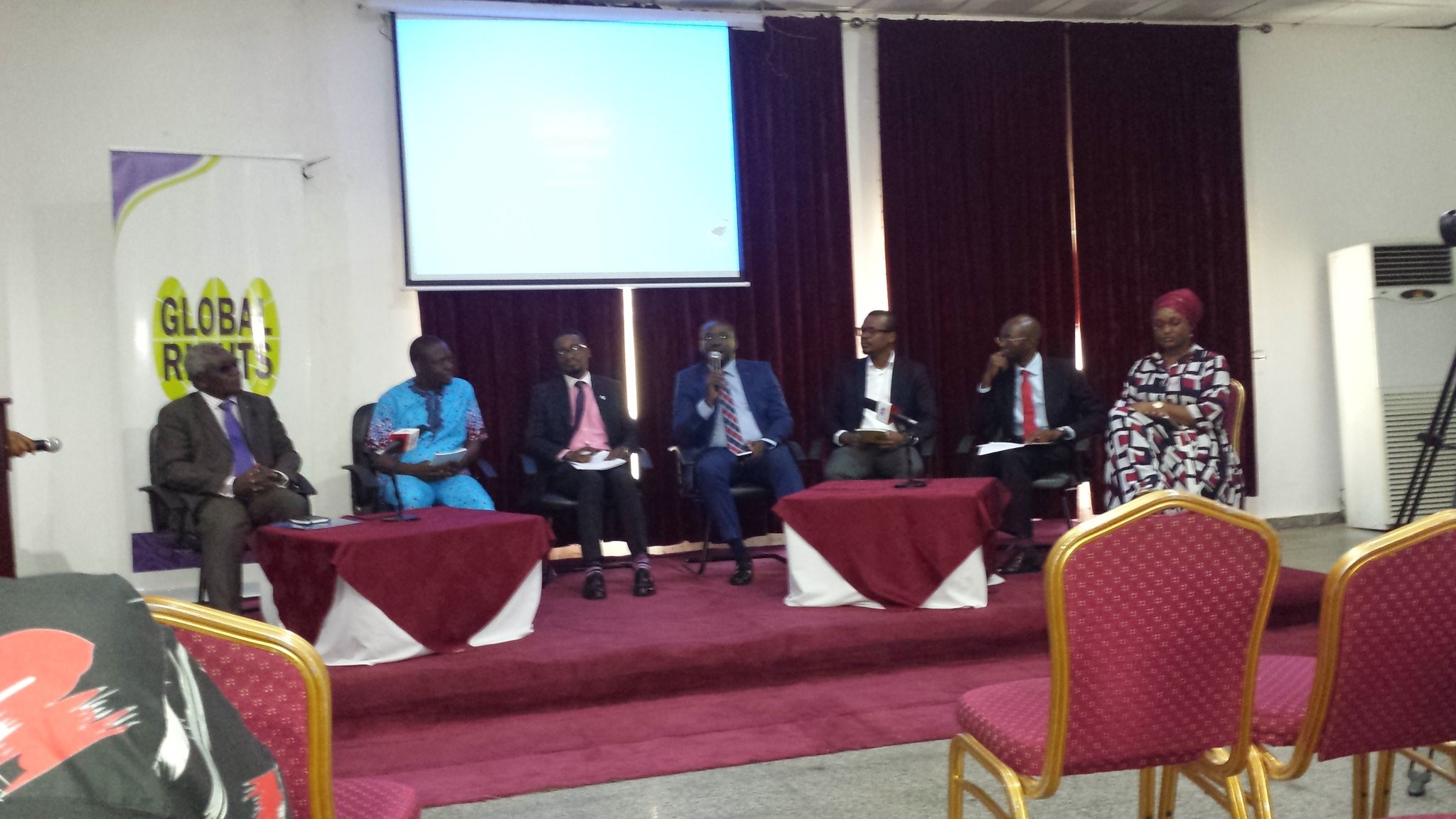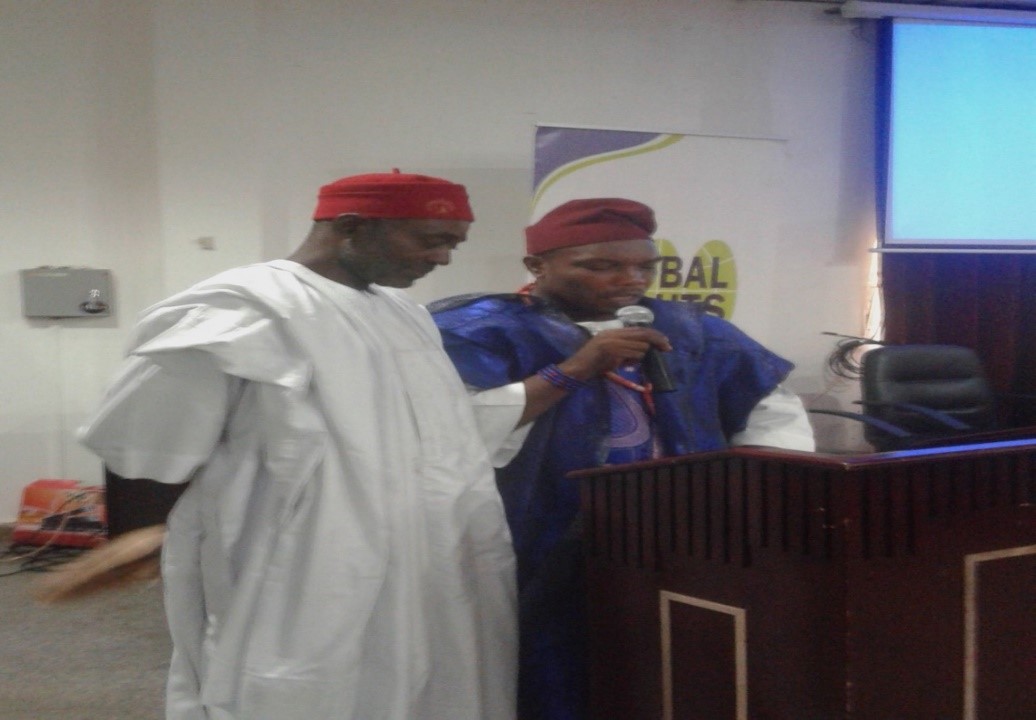[ All 13 episodes of the Follow The Money Radio Program can be listened to at https://soundcloud.com/follow-the-money-129876762/sets/followthemoney-radio-editions ]
“Follow The Money, I have a health facility in Imesi Ile, in Osun State, which has been turned into a warehouse, can you please activate your campaign in this rural community because the facility should have catered for so many people.”
“I will like to inform you that the reconstruction of the primary school at Tongo in Gombe as commenced, we thank the Follow The Money people in our community and also you for mentioning it on the radio.”
Those were some comments from listeners of the 13 episode Follow The Money Radio program, aired on Wazobia FM 95.1 Abuja during the second quarter of 2017 (April to June 2017). In 2015, snap poll results released by NOIPolls Limited revealed that 62 percent of Nigerians surveyed get their daily information via Radio, as such we introduced Follow The Money Radio at a radio station that allows local language – Pidgin. The pidgin language is widely understood and spoken by Nigerians, as such we decided to partner with the popular Wazobia FM in Abuja, which has a reach covering millions of Nigerians. Just to note, that there are other citizen engagement radio program in Nigeria as well, such as the popular office of the citizen by Enough is Enough Nigeria Coalition and Budeshi by procurement monitor that airs every Friday morning on Nigeria Info FM Abuja
But how do you complement a movement like this on the radio? Last year, Connected Development experimented its advocacy strategies with the School of Data Radio, allowing it to garner 1,005 followers on Twitter, and three callers that turned into data evangelist. Even though, the SCODA Radio had bits of drawbacks because there were no directors and a permanent presenter. The drawbacks were useful lessons, for us to initiate the Follow The Money radio. We had to employ the knowledge of Uche Idu, a media for development expert to produce the program. We leveraged on our 2016 Community Media Champion – Big Mo to lead the presenters of the show. Every episode of the radio program was captured on Facebook Live as well, thus making it available to our community on Facebook
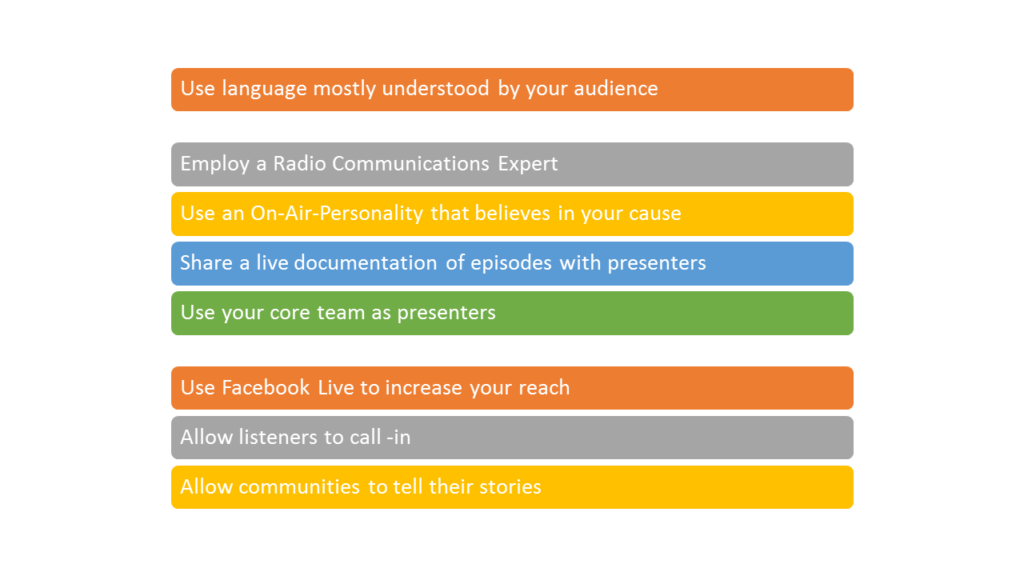
I remembered how much we discussed who the co-presenters will be. After three episodes, we concluded that it is important to use CODE’s staff working on Follow The Money, as they are in-tune with happenings within the community. With learnings from the School of Data radio, I had to start a documentation for the program which became a living document for Follow The Money Radio with presenters, the producers, the social media crew amplifying what happens during the radio program.
Many thanks to Cele Nwa Baby (Operations Manager at CODE) and Baba Bee (Programs Manager at CODE) who took out time to compliment Big Mo on making stories of communities engaging their sub-national government to air on radio, and making sure responses were gotten on such stories. In one of the episodes, the presenters instructed: “honourable Yaya Bauchi from Gombe, we are calling on you to commence the rehabilitation of the primary school at Tongo 2, we already know it’s a constituency project”. Two weeks later, the headmaster of the school joined the radio program to affirm that the rehabilitation of the school as actually commenced. Honourable Yaya Bauchi is the present house of representative member representing Tongo in the National Assembly, and it was confirmed that the renovation of the school was included in a constituency project proposed by him. Another intriguing story was that of the Primary school in Gengle, Adamawa state where hundreds of children learn under a dilapidated building. Three weeks after it aired on the radio program, the communities in Gengle joined the show to inform that the government visited their school, and they offered to start rehabilitation.
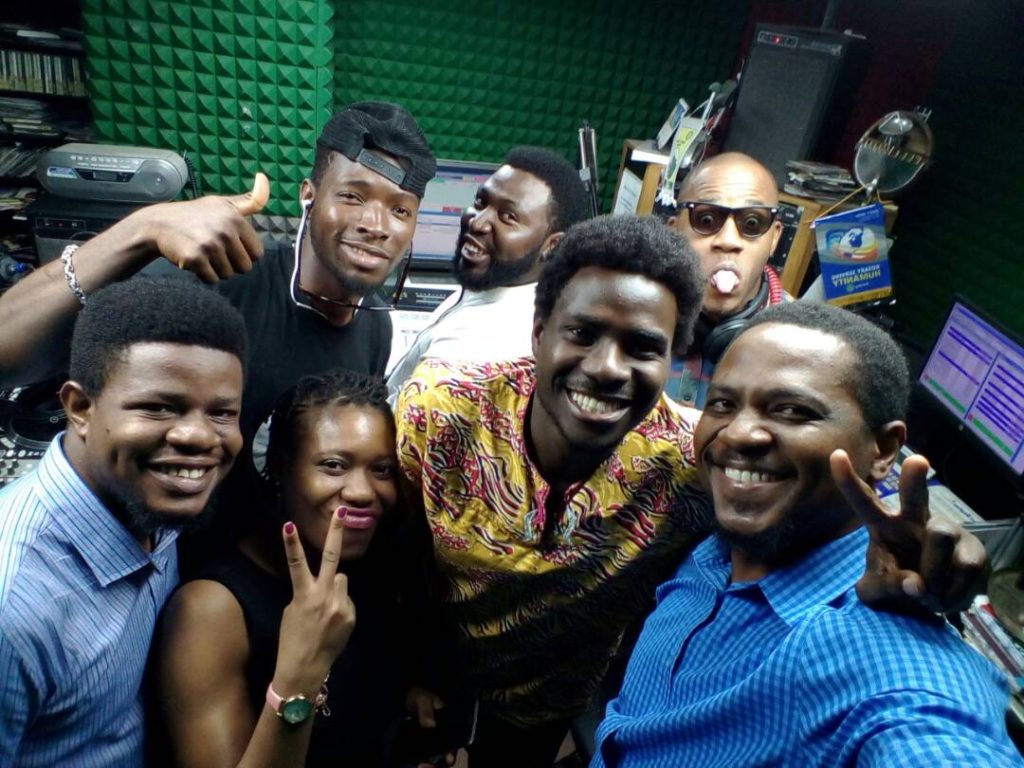
From Left – Baba Bee, Olusegun (Handling Facebook Live),Cele Nwa Baby, Oludotun, Uche Idu. From Back Left Olusegun, Bluetooth and Big Mo
So, what next for Follow The Money Radio? “You have all done well in bringing this to the radio; I think you should take this program to the state as well” advised one of our listeners during the last episode. As parts of messages gotten during the program, we have received emails from two other radio stations, who wanted to rebroadcast the show. Unfortunately, they are all in Abuja. Going forward, we are planning to initiate Follow The Money radio in the states, as such if you are a running a radio station in the state, or you are an OAP passionate about good governance, let’s get more voice amplified on your radio station, and feel free to contact us by joining our largest community on governance in Africa at http://ifollowthemoney.org or via info@connecteddevelopment.org. In the meantime, the Follow The Money Radio will be coming to you in the next quarter, join us at http://ifollowthemoney.org to get information on where it will be airing. Please stay tuned!
